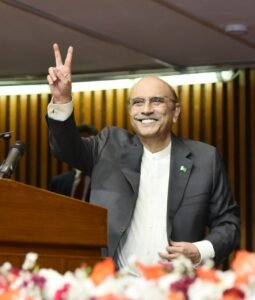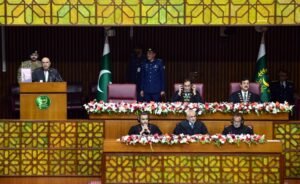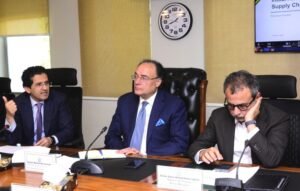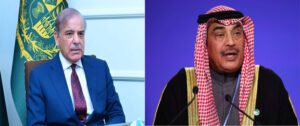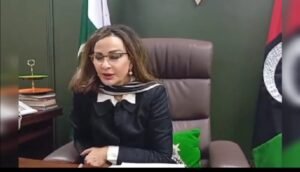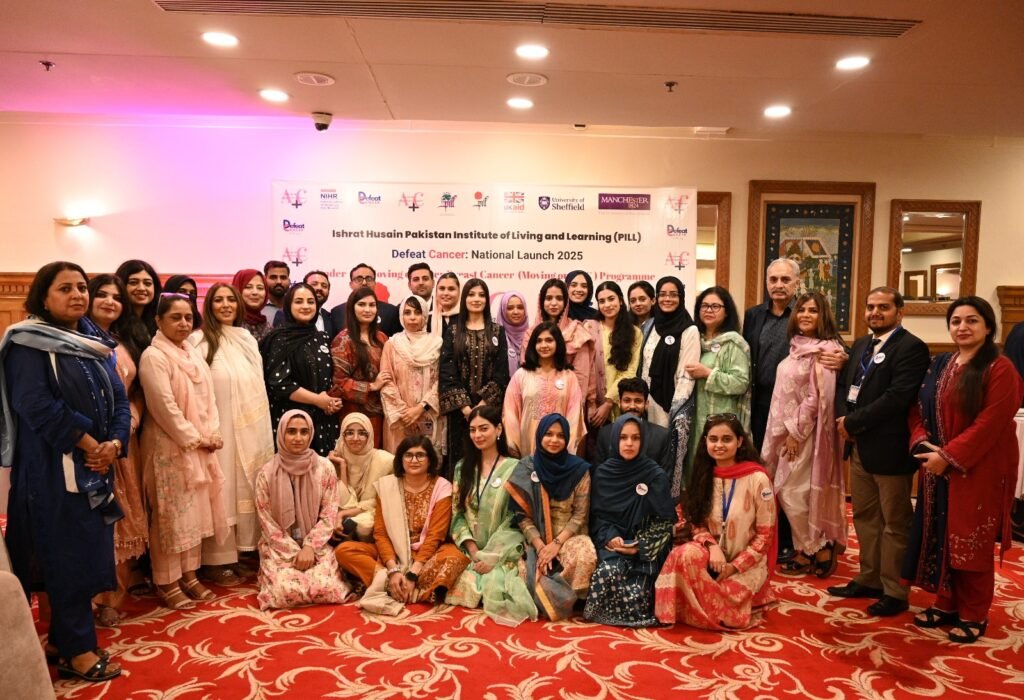
Islamabad: – Pakistan Institute of Living and Learning (PILL), in collaboration with the University of Manchester (UK), launched the Defeat Cancer Campaign. The campaign builds on the Moving on After Breast Cancer (ABC) clinical trial (NIHR205561), funded by the National Institute of Health and Care Research (NIHR), UK — a landmark study providing culturally adapted psychosocial interventions for breast cancer survivors with depression in Pakistan.
The event brought together policymakers, health experts, researchers, and survivors, marking Pakistan’s first effort to directly connect an NIHR-funded clinical trial with a national awareness campaign.
Professor Mowadat Hussain Rana, who hosted the event, reflected on his pioneering role with PILL’s founder and the story of how the Institute was named. He emphasized that PILL’s work has always addressed mental health across the lifespan, and this campaign extends that mission into breast cancer care.
Professor Nasim Chaudhry CEO of PILL, underlined that the campaign is a milestone in PILL’s two decades of research and policy work, including suicide prevention, rehabilitation, and Sindh’s first provincial mental health policy.
Dr. Tayyeba Kiran, Associate Program director of the moving on ABC clinical trial, described how the trial provides survivors with structured psychosocial support and offers scalable models to inform cancer care policy nationwide.
Ms. Lubna Khan, Director of Global Health Research Delivery Network and the Director of Defeat Cancer Campaign, stressed that breast cancer is still surrounded by silence and stigma in Pakistan. She called for open discussion of both cancer and mental health, urging action through awareness, access, and advocacy, and reaffirmed her commitment to lead the campaign forward.
Dr. Zobia Afsheen, a survivor, shared a powerful testimony of resilience in the face of stigma and emotional struggle. Her story underscored why structured mental health care is critical during and after treatment.
Dr. Fauzia Viqar, Federal Ombudsperson, spoke as a policymaker and activist, calling for early detection, fair access to care, and freedom from discrimination. She drew on her own survivor experience to stress the need for an attitude shift in society, urging empathy rather than sympathy for women with breast cancer, and highlighting how survivors should be spoken to with dignity and respect
From the policy side, Nasiruddin Mashood, former Special Secretary Health, emphasized the urgent need for a national breast cancer registry, noting that without timely and reliable data, Pakistan cannot plan effectively for prevention and treatment.
Mr. Mohyuddin Ahmed Wani, Federal Secretary of Education, made some of the strongest recommendations. He pointed to initiatives already underway in Gilgit-Baltistan, such as free breast cancer facilities, school awareness posters, and teacher training. He urged that these models be expanded nationally, with special emphasis on posters and awareness materials for girls’ schools, as well as survivor story sessions and awareness videos in universities and colleges to encourage open dialogue on breast cancer.
Ms. Shahista Pervaiz, Member of the National Assembly and Convener SDGs, connected cancer prevention to the Sustainable Development Goals (SDGs), stressing the need for mobile screening units, wider awareness campaigns, and inclusion of preventive vaccines such as HPV in the national immunization programme.
Professor Imran Bashir Chaudhry, Chairman Department of Psychiatry Ziauddin University and Hospital Karachi, called cancer an “invisible risk” and highlighted the need for awareness and education. “This is the beginning of a journey, not the end,” he said, urging global collaboration and community engagement.
The Defeat Cancer Campaign represents a national milestone: connecting rigorous research, survivor voices, and policymaker commitment to ensure women can move forward with dignity and resilience after breast cancer.
The ceremony concluded with honorary shields presented to distinguished guests, as participants pledged to advance early detection, expand awareness, and improve treatment access across Pakistan



